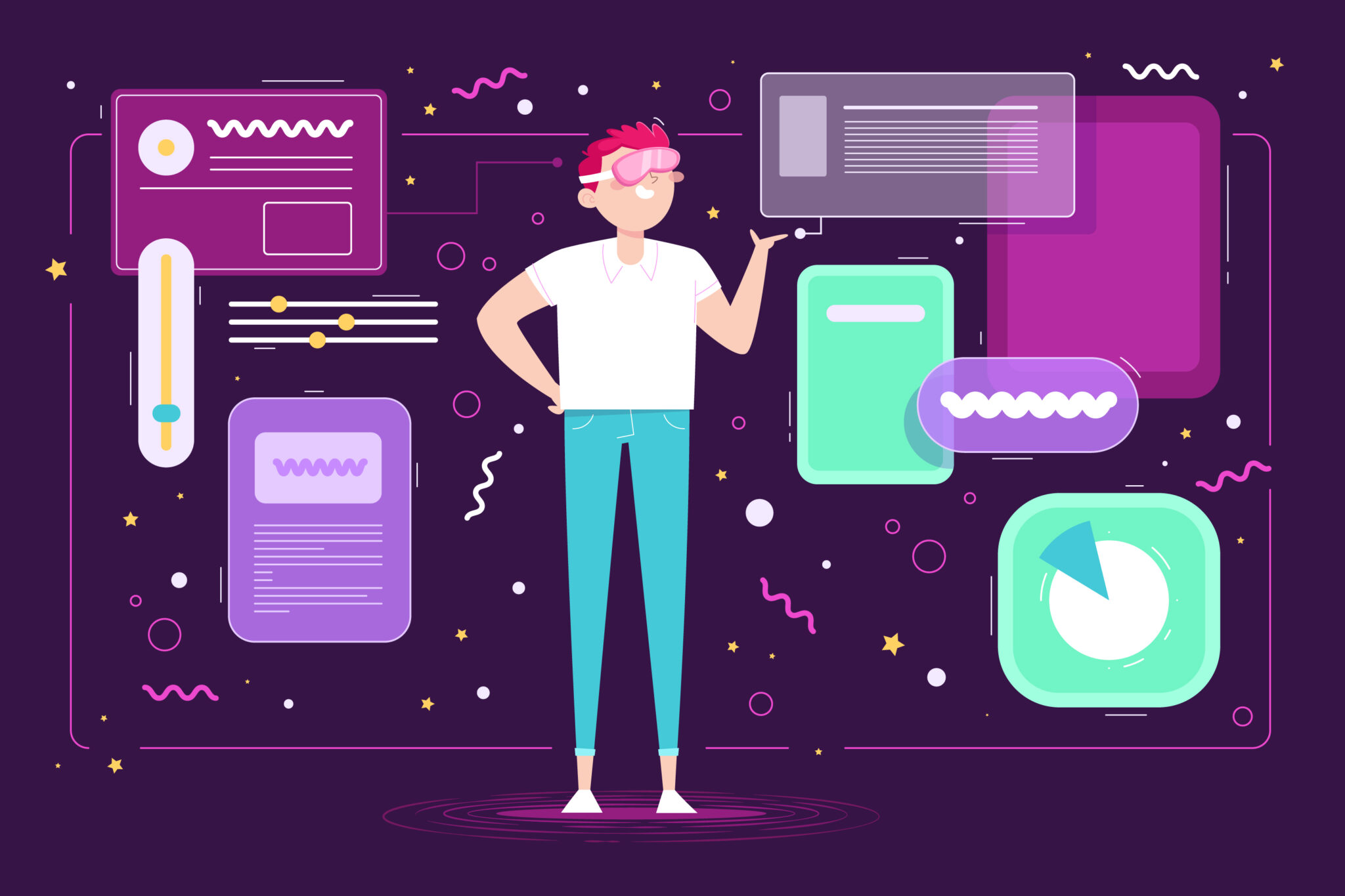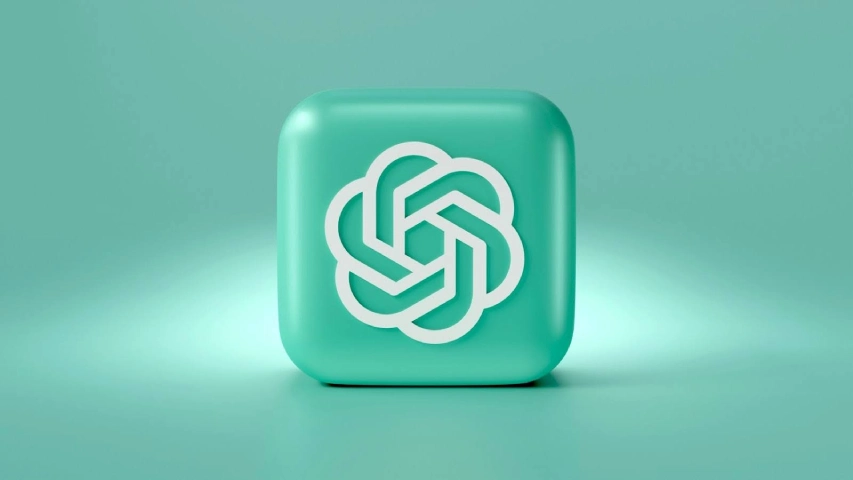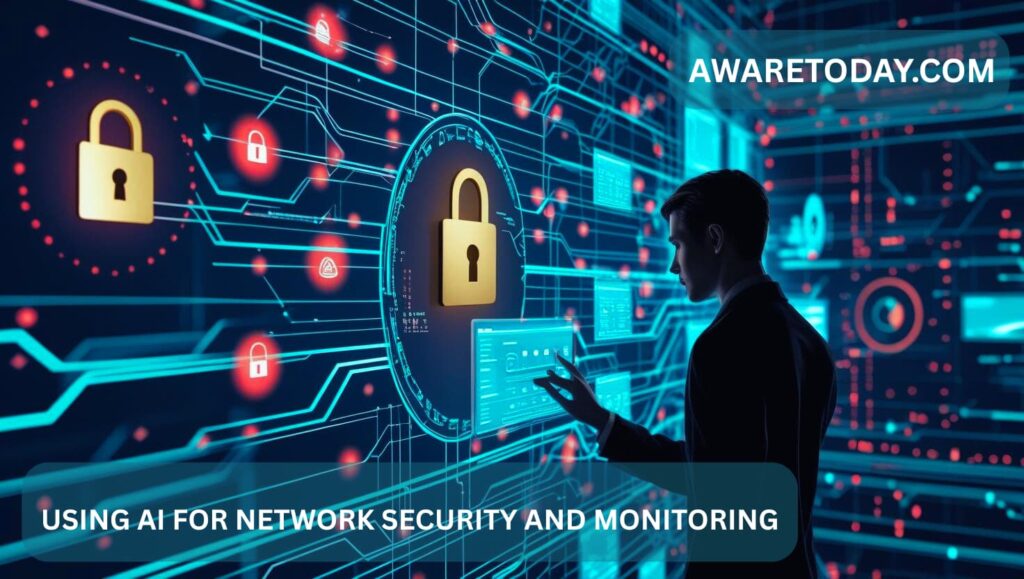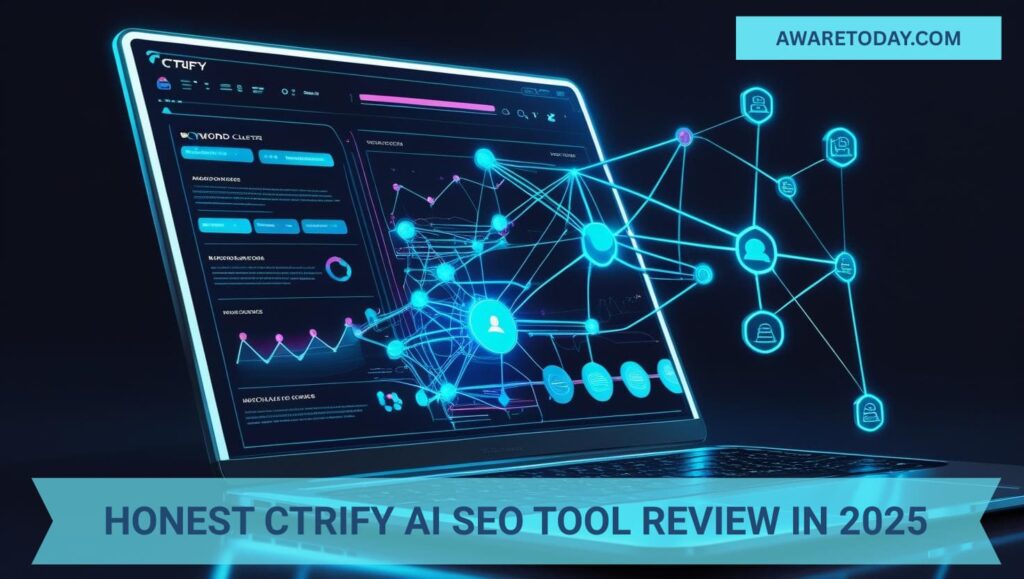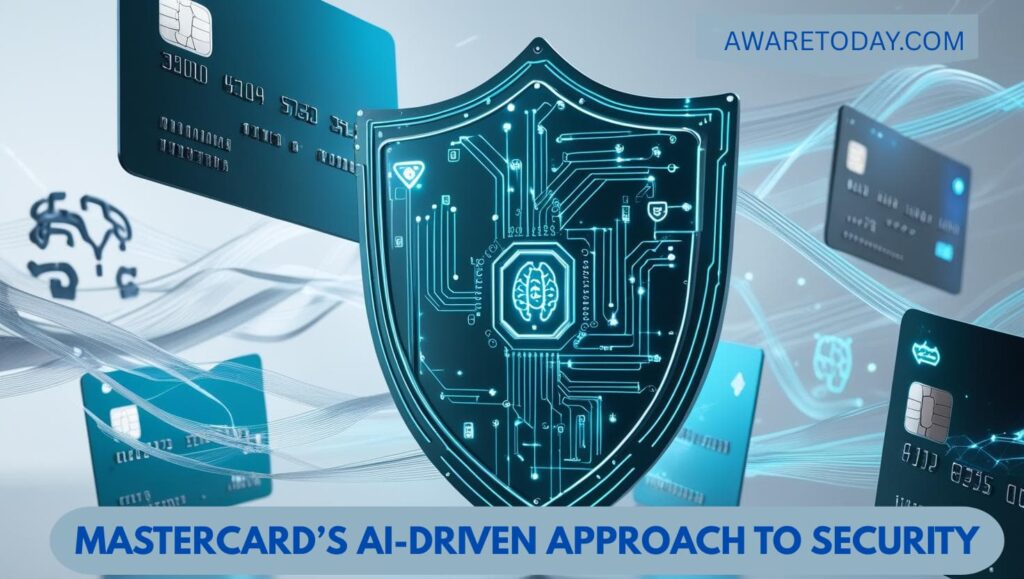As we approach 2025, the rate of technology’s advancement has been breathtaking at changing how we live, work, and relate. The next few years guarantee transformative innovations that would significantly shape all aspects of life. This article talks of key technology trends to anticipate in 2025, and how such technological strides will influence individuals and corporations.
1. AI in Everything
AI will be everywhere soon. In 2025, we will experience AI integrated in just all aspects of daily life. Smart assistants, for instance, voice-activated devices will evolve dramatically. They’ll help us schedule stuff but, at the same time, they’ll know about our preferences and will suggest meals, activities, and entertainment to us over time. Think of a home assistant that could figure out your daily routines and remind you when it is time for an appointment, or suggest meals for you, based on what you have in the fridge.
AI will also change many industries. In the health sector, diagnosis tools with AI power will manage patients with faster and more precise diagnosis outcomes. AI algorithms will guide medical practitioners in analysis of patient data to ascertain the treatment approach for the particular patient. In the business world, companies will exploit AI by analyzing data and making judgments. The speed by which huge volumes of data are processed helps businesses detect trends, inform consumer behavior, and make informed decisions for growth.
Next in line is the change in customer service. Here again, businesses will have more reliance on AI chatbots to deal with queries and complaints. The chatbots will be able to give instant support, and customers will not have to wait for a human representative to answer their questions. This will help them improve customer satisfaction levels and reduce operational costs for companies.
2. Emergence of 5G
It is hoped that 5G technology roll out will revolutionize internet connectivity. By 2025, there will be widespread adoption of 5G for higher and faster speeds and lower latency than ever before. The ease of downloading big files, streaming high-definition videos, or playing interactive online games with 5G means that one will no longer worry about buffering or a slow connection.
5G will also be vital for the Internet of Things (IoT). Smart devices will experience better connectivity, and they will be able to work through a huge range of applications. For example, homogeneous flow will be achieved by having smart home devices communicating with each other. House owners will be able to integrate and control everything- from lighting to security systems—through their mobile phones. This will give the homeowner added convenience and security.
What’s more, 5G will facilitate the building of smart cities. This technology will be applied by cities to govern their resources better. For instance, 5G-based traffic management systems will process the data in real time to facilitate improvements in traffic flow while simultaneously reducing congestion and increasing the quality of air. Public transport will also become easier to handle by analyzing the actual updates of bus and train schedules.
3. Virtual Reality (VR) and Augmented Reality (AR)
Virtual reality (VR) and augmented reality (AR) would be getting rapidly adopted over the course of the next year. The entertainment industry would be eventually using VR for immersive experiences that could take users to some alternate world. The gamer would actually find himself in the game with characters and environments looking realistically like never before. Such an engagement level would redefine how one plays and enjoys entertainment.
AR is going to revolutionize education—the method through which students learn. For instance, kids can explore inside a human body using 3D models or virtually visit historical sites; therefore, this approach will make it even more exciting and easier to remember.
Businesses will also utilize AR for training and development purposes. Employees can try the skills in a simulated environment, thus reducing the risks that come with real-world training. For example, doctors and surgeons can practice surgery in virtual reality before applying it to the patients. Technology will ensure that quality training enhances and gives a safe learning process.
4. Blockchain Beyond Cryptocurrency
Blockchains are often associated with cryptocurrencies, but their potential spreads much wider. By 2025, we will see its usage across different sectors in regards to dealing with secure yet transparent transactions. In supply chain management, traces from origin will be followed up to the consumer. Accountability will increase, and fraud will be prevented because products from the origin will increase in quality for the consumers.
This is one technology that’s going to change patient data in health care. Health records are going to be digitally stored in blockchain networks securely for authorized health care practitioners so that access and retrieval are easy. This increases information privacy and simplifies many administrative workflows in health care.
Moreover, the blockchain will empower human beings to have better control over their data. As the concerns about data privacy are slowly increasing, people will wish for whatever solutions can be used to regain control of their personal information. Therefore, blockchain-based systems for identification will allow users to confirm identities without revealing sensitive information to induce more confidence in online transactions.
5. Smart Homes and Cities
They will be becoming much smarter and more sophisticated. In fact, in 2025, home automation systems will be capable of managing everything from lighting and heating to security and even entertainment. You could change the thermostat, lock your doors, and dim your lights—all by a simple voice command.
Ideas of smart cities will also work. Urban regions will tap on technology to upgrade their infrastructure and services. Cities will use sensor technologies as well as analyze data in regulating and managing resources with efficiency. Traffic lights will adjust the time based on the traffic situations, reducing congestion as well as safety. Public transport will give one the information during the movement, hence making the travel easier to access.
Sustainability would be one of the areas of focus for smart cities. Green spaces and renewable energy sources would find their way atop the priorities of urban planners. Smart waste management systems would optimize their collection, cutting the amounts going into landfills to recycle more.
These initiatives would result in healthier and more sustainable urban environments.
6. Quantum Computing
Quantum computing is a field that is advancing rapidly. Tremendous things will occur in this technology by the end of 2025. Quantum computers can handle complex issues much faster than traditional computers. Such technology will change finance, health care, and the logistics industry overnight.
This technology will improve the analysis of risk and strengthen trading strategies in finance. Investors will thus be able to analyze large amounts of data quickly to make the best investment decisions. Quantum computing will allow researchers to simulate the interactions of drugs with other substances for the development of new treatments in health care.
Quantum computing has also been associated with a few challenges, especially related to cybersecurity. The more powerful quantum computers are, the more vulnerabilities traditional encryption has. Researchers are highly involved in developing quantum-resistant encryption to ensure that data remains secure in this new computing paradigm.
7. Advancements in Biotechnology
The biotechnology industry is making tremendous strides that will revolutionize the health sector and agriculture. One of the innovations we are set to see by 2025 is in genetic engineering, given the technologies of the CRISPR-edited, gene-edited tools, which allow for exact editing of genes. This ability will give way to new cures for genetic illnesses and chronic diseases.
Biotechnology is in agriculture going to develop resilient crops. This method will be used by farmers in growing food that is resistant to climate change, pests, and diseases. Therefore, this approach increases food security and reduces the harmful impacts associated with farming activities.
Wearable health devices will get smarter. They can monitor real-time metrics such as heart rates and sleep patterns. Based on information obtained, an individual can make a choice for their health that leads to better outcomes.
Conclusion
In short, 2025 is going to transform the lives of people in such a manner that will dramatically enhance the nature of our daily chores, the efficiency levels of healthcare, and more connectivity. AI is going to penetrate various daily tasks, from smart homes to smart cities, rewriting many aspects of the world. Therefore, it becomes rather relevant to address issues such as data privacy, cybersecurity, and more. Keeping ourselves knowledgeable of and adapting to these trends will ultimately help us stay on track for successfully negotiating the exciting technology landscape of the future.

